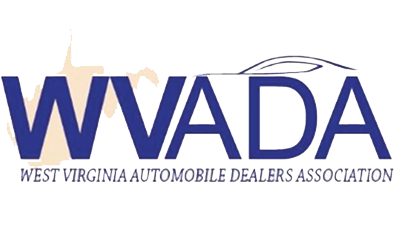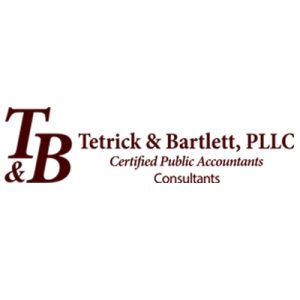2021 was a record year of profitability for automobile dealers. Hand in hand with this profitability is the income tax liability due on those profits. To ensure that you pay only on the amounts you have made, now is the time to clean up any questionable items that may have accumulated on your dealership’s books over the last year. The following items are suggestions for reviewing your accounting records and identifying amounts that may need to be written off or accrued as expenses.
- Cash — Review bank reconciliations. Ensure that the amounts are reconciled to your general ledger and identify older reconciling items for propriety.
- Receivables — Review aging of all receivables (contracts, vehicle, customer, warranty, finance reserves and incentives) to determine if they are collectible. Obtain explanations for any amounts outstanding outside of the normal operating cycle (15 days for contracts and 60 days for other types of receivables).
- Open repair orders — Review your open repair order lists to determine if they all have valid reasons for being open. Obtain explanations for any repair orders open 30 days or more.
- Prepaid expenses — Review prepaid schedules to determine that amounts represent valid unexpired expenses.
- Vehicle Inventories — Perform a physical count of the vehicle inventories and reconcile them to the general ledger schedules. Review used vehicle values to determine if they represent the lower of cost or market.
- Parts and other inventories — Reconcile physical counts to the general ledger. Review parts inventory and determine if obsolete items are included and should be written off. Dispose of any amounts written off.
- Property and equipment — Review additions to fixed asset accounts to determine if the items charged to those accounts meet your company’s capitalization criteria (typically a unit cost of $2,500 or more). Review additions to buildings and leasehold improvements to determine if they may qualify as a repair or refreshment.
- Accounts payable — Ensure that all vendor invoices have been entered in to accounts payable and reconciled to the vendors statements.
- Floorplan liability — Reconcile the floorplan statements from lending institution to the accounting records.
- Vehicle Lien Payoffs — Review to determine that payoffs are being made in a timely manner and that deficiency notices are sent to customers when appropriate.
- Title Work — Review to determine if title work is being processed within the prescribed time frame and that liens are being perfected within the limit established by state law.
- Accrued and withheld tax liabilities — Determine if payroll, sales, and property tax liabilities are being paid when due and if the accounting records reflect the correct liability balance.
- Payroll — Determine if accrued payroll has been reconciled to the payroll records and reflects the appropriate liability.
Performing these procedures at the end of and throughout the year will help ensure that you are making tax and financial decisions based upon the most accurate data available.
Leon M. (Lonnie) Rogers, CPA/ABV/CFF is the managing member of Tetrick & Bartlett, PLLC and has been providing accounting, tax, valuation, and consulting services to automobile dealers since 1977. Tetrick & Bartlett, PLLC currently serves dealers in West Virginia, Virginia, Ohio, and Pennsylvania and is a member of the Auto CPA Group, a nationwide organization made up of 25 CPA firms specializing in services to automobile dealers. Lonnie can be reached at lrogers@tb.cpa or 304-624-5564.










